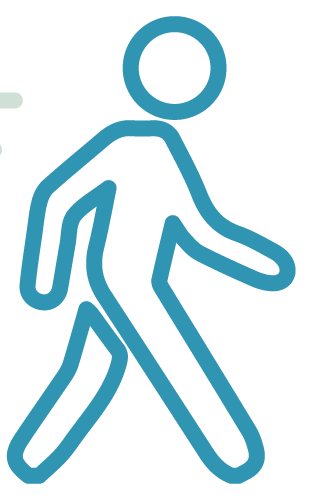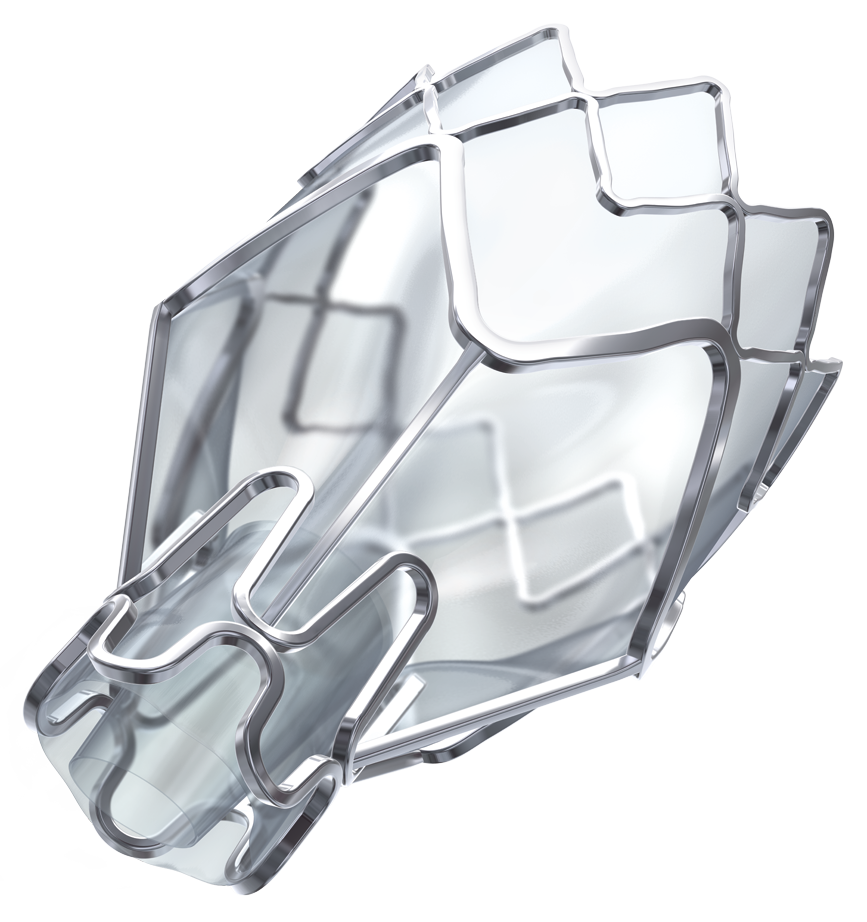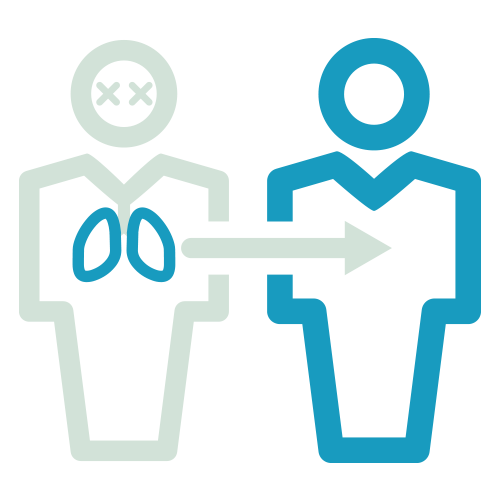COPD & Emphysema Treatment Options
Do you have emphysema?
Emphysema is a severe form of COPD (chronic obstructive pulmonary disease). It cannot be cured but the right treatment can help you to breathe more easily, be more active and improve your quality of life.1
There are various treatment options – depending on the severity and form. Your doctor can help you to decide what is best for you.
Treatment Options for Emphysema
Emphysema cannot be cured, but the right treatment can help you breathe more easily, be more active and improve your quality of life. There are various treatment options, depending on the severity of your condition. Your doctor can help you decide what is best for you.
Treatment with and without Medication

COPD medicines, stop smoking programmes, lung exercises, oxygen therapy

Rehabilitation

Endoscopic lung volume reduction — e.g., Zephyr Valve

Surgical lung volume reduction

Lung transplant
Non-surgical
-
- COPD medicines: These may include inhalers, oral steroids, antibiotics, or other prescription drugs.
- Stop smoking programmes: To benefit from the minimally invasive treatment options, you need to stop smoking.
- Rehabilitation: Your doctor can recommend a rehabilitation course to help you exercise your lungs and learn to breathe more efficiently.
- Oxygen therapy: Emphysema reduces the amount of oxygen that reaches your bloodstream. Your doctor can prescribe you oxygen therapy if medication does not help you enough.
Minimally Invasive/Endoscopy
- The Zephyr Valve is a device used to treat severe emphysema. It is not a prescription drug or surgery, which requires cutting the skin. Instead, the Zephyr Valve is a brief medical intervention which has been clinically proven to help patients breathe more easily, be more active, and enjoy a better quality of life.1
Surgery
- Lung volume reduction with surgery and bullectomy: For this, a surgeon opens your rib cage and cuts out the areas of damaged lung tissue or large air bubbles (bullae). This surgical intervention has been shown to help patients breathe better, but is associated with a higher risk of side effects and death.
- Lung transplant: When the lungs are too damaged to benefit from surgery, certain patients may meet the criteria for lung transplantation surgery. If patients receive this treatment, they must take immune-suppressing medications for the rest of their lives. However, the transplant also carries high-risk complications such as organ rejection or death.
Complications of the Zephyr Endobronchial Valve treatment can include but are not limited to pneumothorax, worsening of COPD symptoms, hemoptysis, pneumonia, dyspnea and, in rare cases, death.1
Test Yourself!
You have not yet been diagnosed with emphysema yet? Take a self test to better estimate the risk of having severe emphysema. A diagnosis and treatment recommendation can only be made by a specialist.
